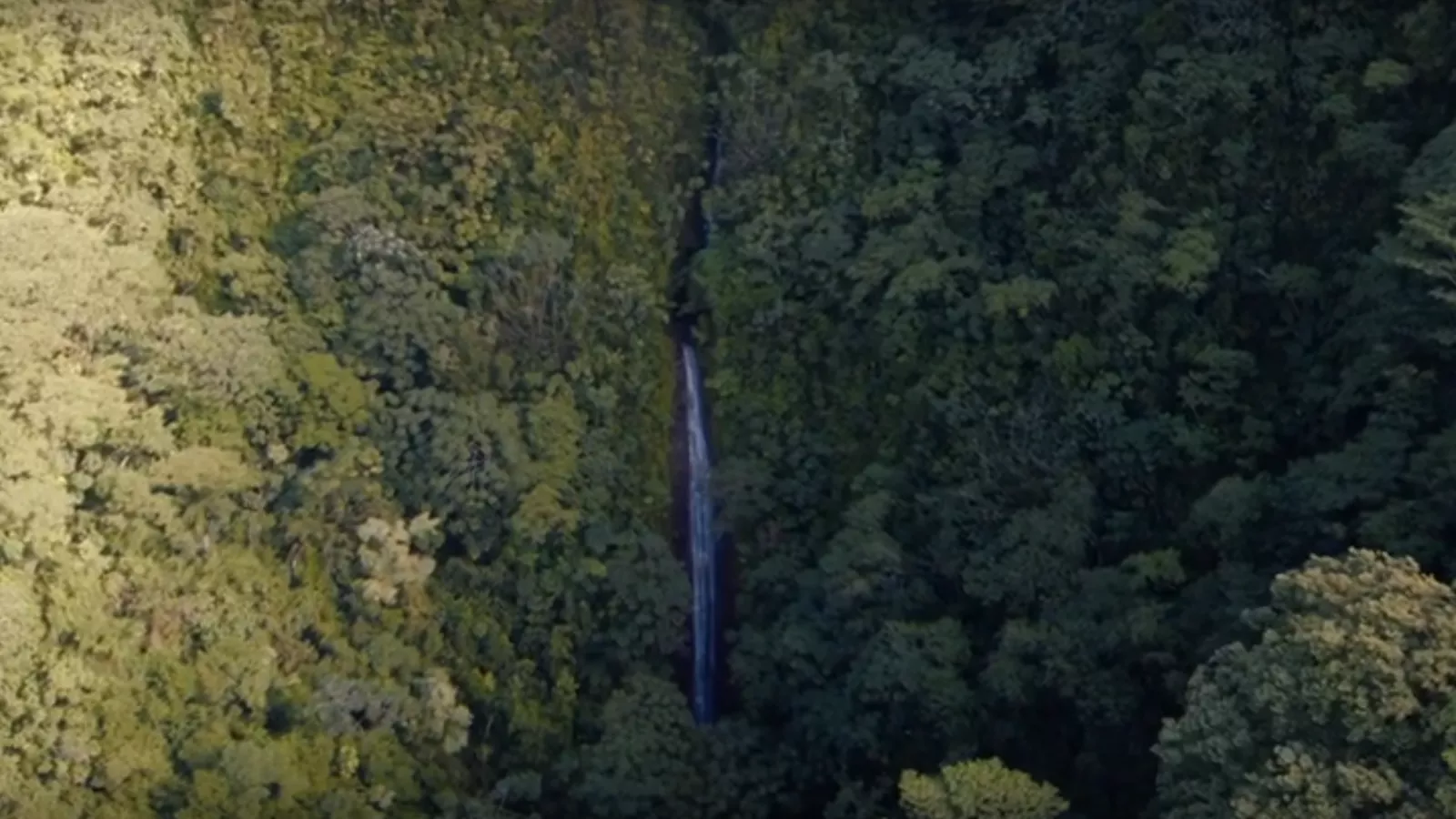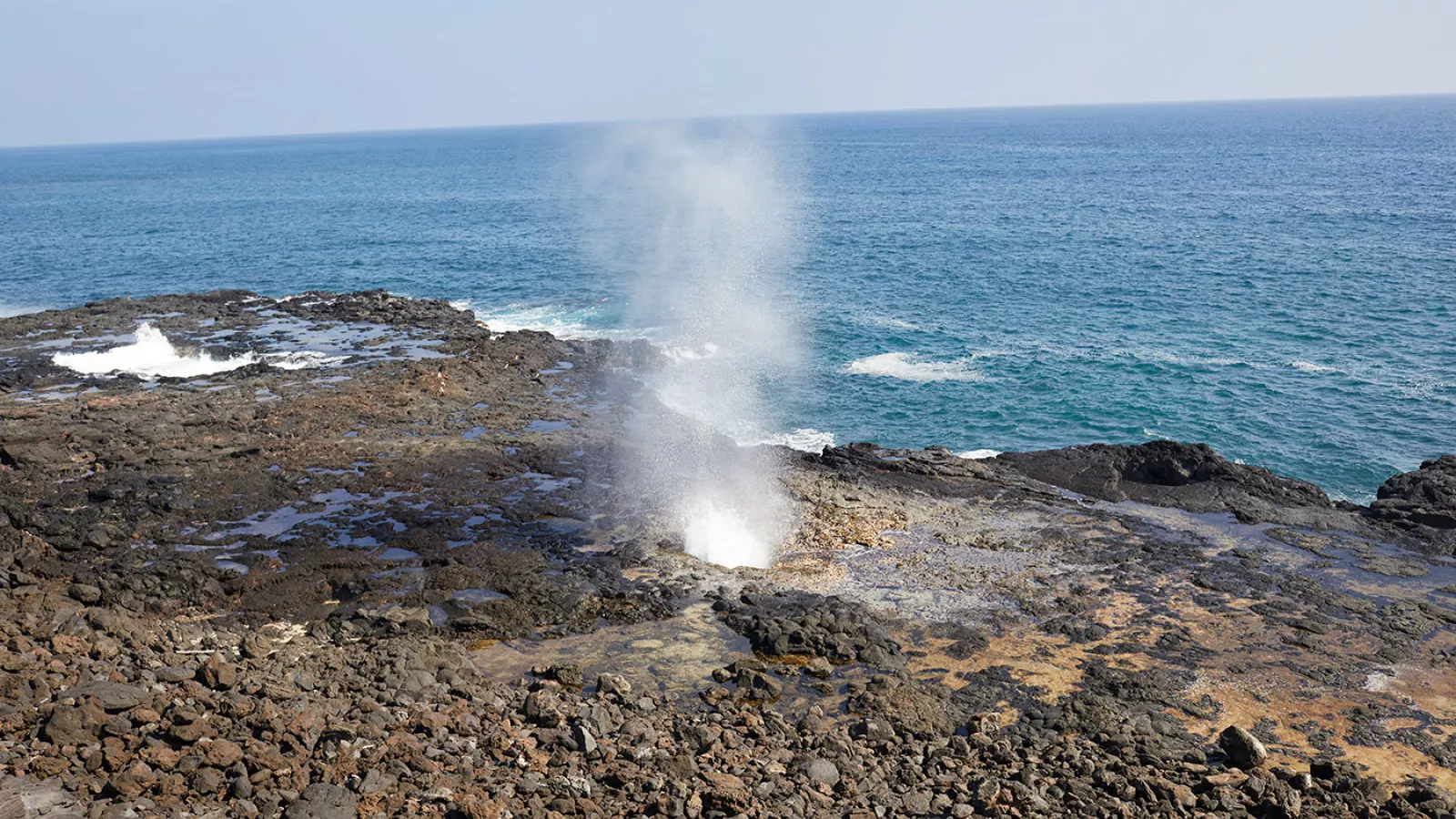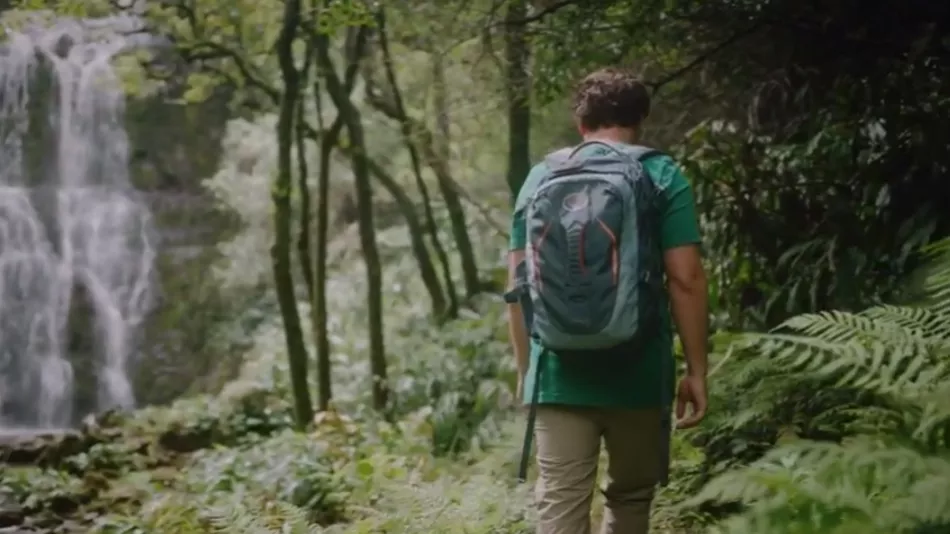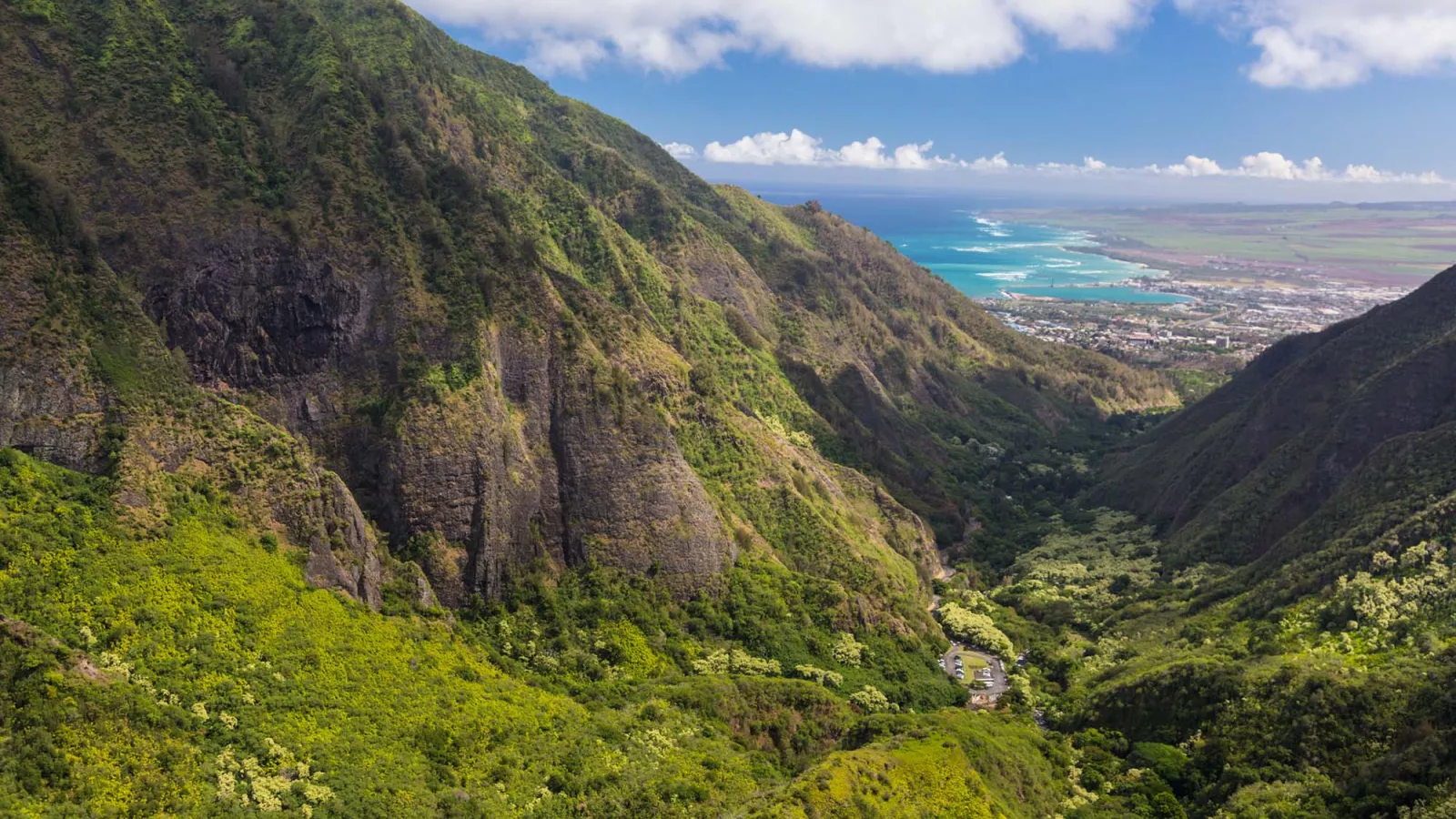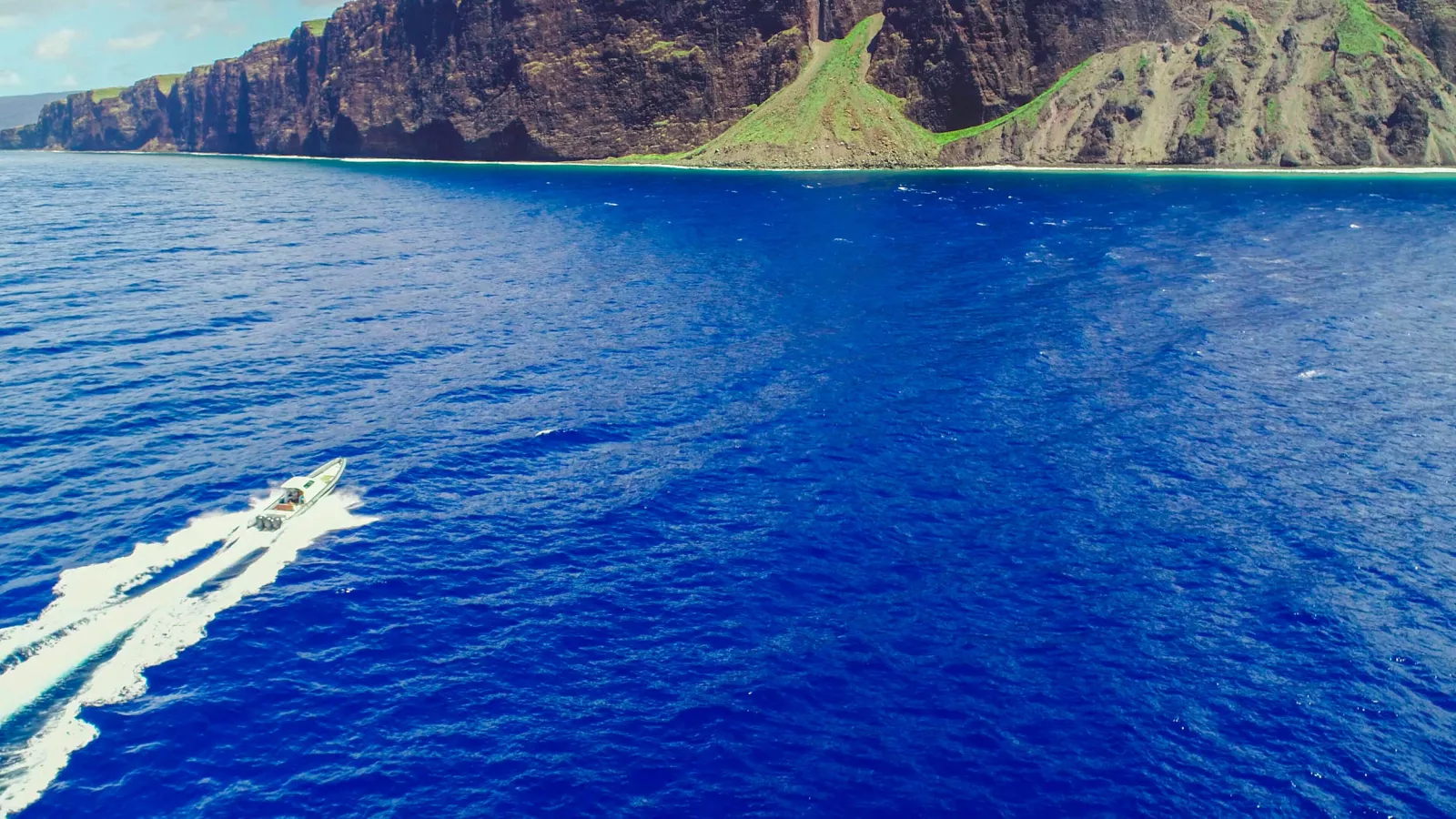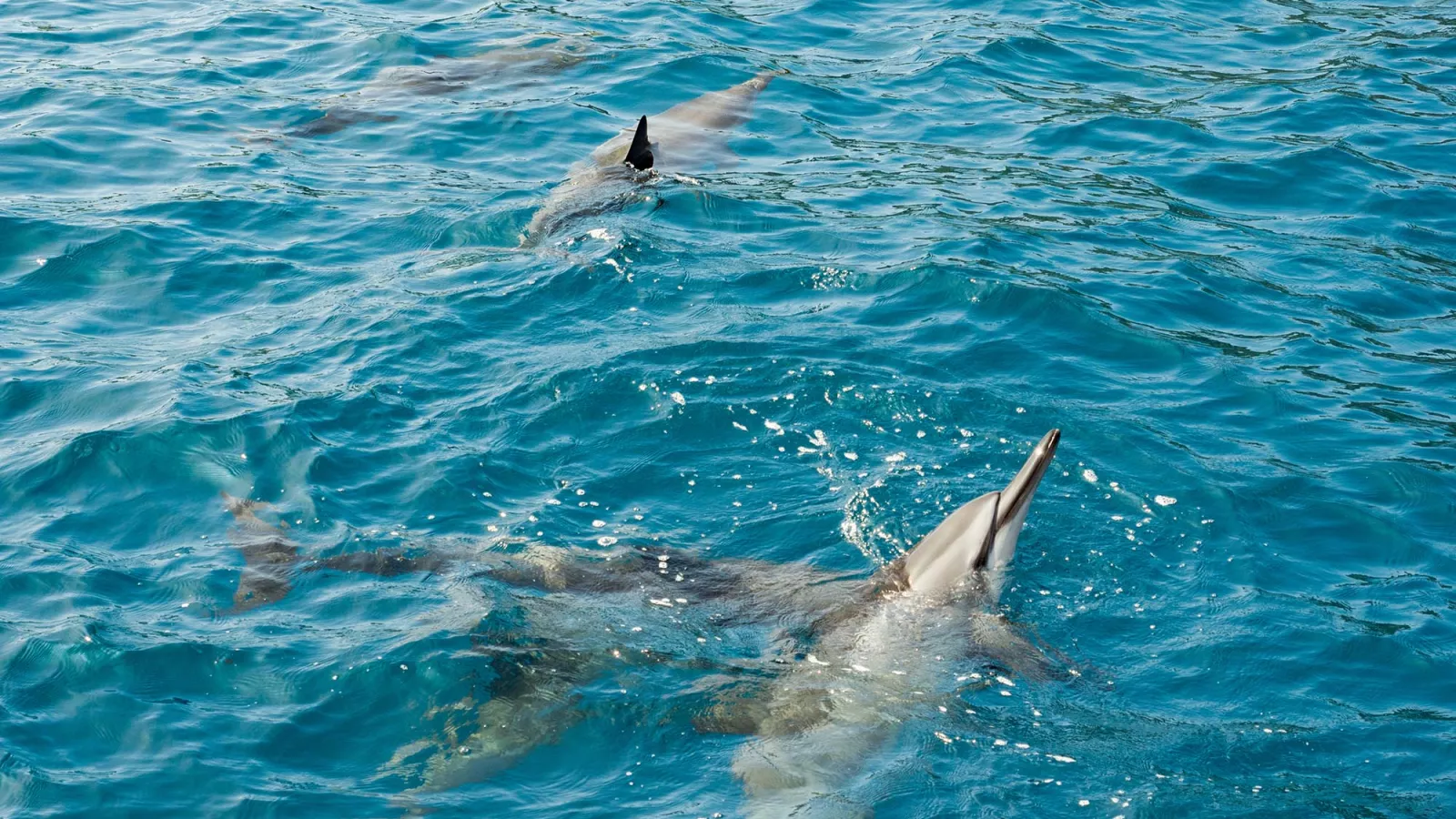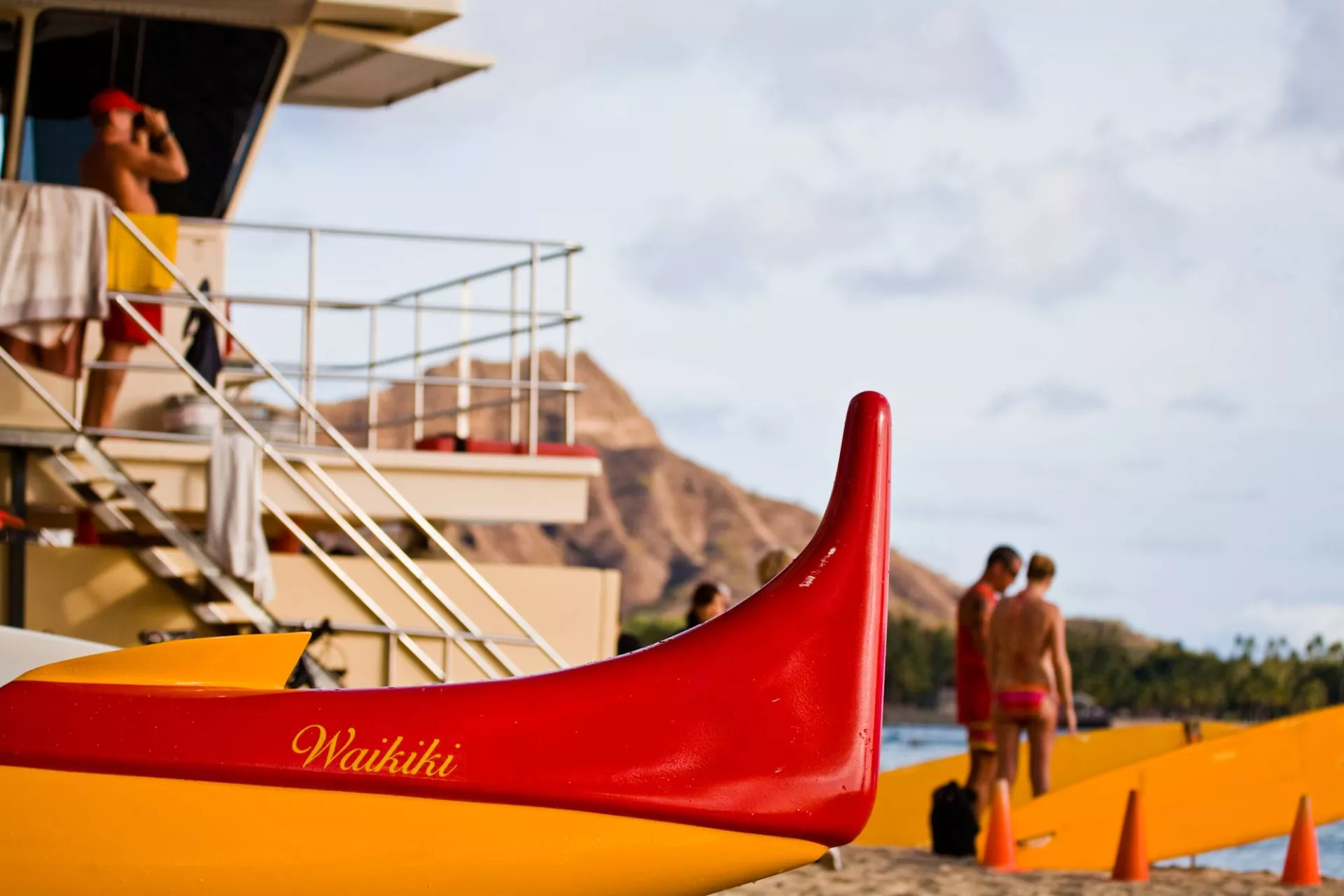
 Safety
Safety
Staying Safe in Hawaiʻi
Safety Information
Protect Against Mosquito Bites
Although mosquitoes can be found year-round in Hawaiʻi’s warm climate, summer is peak season. Mosquitoes can act as carriers of diseases, such as zika, dengue and chikungunya, which are primarily transmitted to humans through the bite of an infected mosquito. Fortunately, none of these diseases are native to Hawaiʻi, and they are not found locally at this time. Help prevent mosquito bites, and the risk of diseases being transmitted, by applying EPA-registered insect repellent containing 20-30% DEET, and wearing light-colored long-sleeved shirts, pants and shoes when outdoors, especially at sunrise and sunset when mosquitoes are most active. For more information, visit FIGHTTHEBITEHAWAII.COM.
Pedestrian Safety
Be a safe, smart pedestrian and know the rules. Review information provided by the Hawaiʻi Department of Transportation at Hawaiʻi, a program aimed at helping pedestrians be safer. Information is available in Japanese, Filipino, Hawaiian, Samoan, Vietnamese, Chinese and Korean languages.
Personal Safety
Hawaiʻi may be paradise, but unfortunately we still have to deal with issues like theft. Follow these common sense tips to protect your property.
- Keep valuables in your hotel room or a hotel safe. When out for the day, keep essentials with you.
- Keep an eye on your belongings while on the beach.
- If you must leave items in the trunk of your vehicle, place them there prior to arriving at your destination.
- Avoid carrying large amounts of cash. Use debit cards, credit cards, or mobile wallets when possible, as they offer protections if lost or stolen. If you’re carrying cash, divide it into separate places, and keep only what you need on hand.
- Do not leave your sliding glass door or screen open.
Safety Tips

Learn About Ocean Safety in Hawaiʻi
Sun Protection
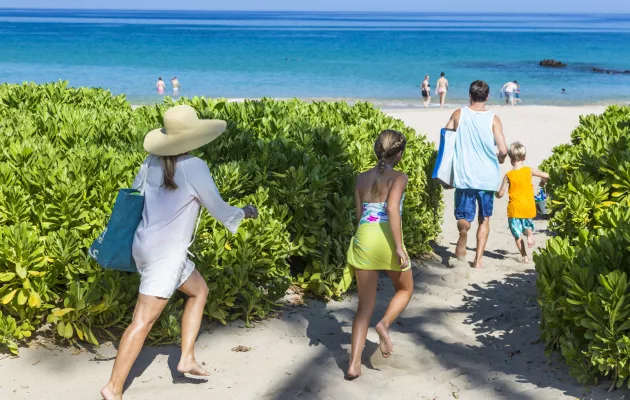
Enjoying Hawaiʻi’s tropical climate means being sun-smart and wearing proper sun protection at all times. Even when the sun is hidden by clouds, protect yourself from ultraviolet rays that come through. Before going out for the day, liberally apply sunscreen with an SPF (Sun Protection Factor) rating of 30 or higher, and reapply after swimming. Please bring reef-safe sunscreen that doesn't contain hazardous chemicals used in many sunscreens. Those chemicals cause bleaching of coral and damage the islands' ocean habitat. You may also consider wearing a brimmed hat, sunglasses and long-sleeved shirt and pants for added protection from the sun's rays.
Land Safety
There is so much natural beauty to discover in Hawaiʻi, and with the right information, you can ensure that you are experiencing the islands in the best way possible. Land safety experts share their tips on weather preparedness, land access, and trail protocol so that you stay safe and minimize your impact on the trails.
- Don't risk your life for a selfie.
- Stay on designated trails/paths.
- Going out on edges could lead to a collapse.
Hiking Details by Island:
Visitor Assistance
Hawaiʻi is a beautiful place to visit, but even in paradise unpleasant situations can occur. If you experience any adversity, such as an accident, medical emergency or serious illness, or if you become a victim of a crime and have a police report, please call the Visitor Aloha Society of Hawaiʻi (VASH). Have your police report number handy when you call.
Here is the contact information for VASH offices on the major Hawaiian Islands:
Visitor Aloha Society of Hawaiʻi (Oʻahu)
Website - Phone: (808) 926-8274
Visitor Aloha Society of Kauaʻi
Website - Phone: (808) 482-0111
Maui Visitors and Convention Bureau (Maui County)
Phone: (808) 244-3530
Visitor Aloha Society of West Hawaiʻi (Island of Hawaiʻi – Kona)
Website - Phone: (808) 756-0785
Visitor Aloha Society of East Hawaiʻi (Island of Hawaiʻi – Hilo)
Website - Phone: (808) 756-1472
Hawaiʻi Emergency Management Agency
Hawaiʻi's state Hawaiʻi Emergency Management Agency has developed a warning system to alert the public in the case of an emergency. If you hear Hawaiʻi Emergency Management Agency sirens (a steady siren tone for three minutes and repeated if necessary), listen to your car radio, turn on the television or ask hotel personnel for emergency instructions. Please note that Hawaiʻi Emergency Management Agency sirens are routinely tested at 11:45 am on the first working day of each month.
Emergency Broadcast Stations: Designated radio stations will broadcast important information if an emergency occurs, such as flash floods and other events.
Island of Hawaiʻi:
- 670 AM KPUA (Hilo)
- 850 AM KHLO (Hilo)
- 94.7 FM KWXX (Hilo)
- 97.9 FM KKBG (Hilo)
- 106.1 FM KLEO (Kona)
Kauaʻi:
- 93.5 FM KQNG
Maui:
- 550 AM KMVI
Oʻahu:
- 590 AM and 92.3 FM KSSK
- 96.3 FM KRTR
Foreign-Language Radio Stations that Broadcast Emergency-Related Information:
- 1210 AM KZOO (Japanese)
- 1270 AM KNDI (Samoan, Marshallese, Visayan, Tagalog, Cantonese)
- 1540 AM KREA (Korean)
Watches and Warnings
Watches and warnings are prepared for The Hawaiian Islands by the National Weather Service Central Pacific Hurricane Center in Honolulu. When watches and warnings are issued, visitors should closely monitor radio, television or NOAA Weather Radio for official bulletins of the event's progress and instructions from Civil Defense authorities. The following descriptions are provided to assist you in understanding the various watches, warnings and advisories that could be issued.
Hurricane/Tropical Storm Watch: | Hurricane/tropical storm conditions are possible within 48 hours. |
Hurricane/Tropical Storm Warning: | Hurricane/tropical storm conditions are expected within 36 hours. |
Flood Advisory: | Exercise caution due to hazardous driving conditions. Be alert for ponding and debris on roadway, slippery roads and poor visibility. |
Flood Watch: | Flooding is possible. Be alert! |
Flash Flood Warning: | Flooding is imminent or already occurring. Get to high ground if you are in a flood-prone area. |
Tsunami Watch: | Issued by Pacific Tsunami Warning Center after distant earthquakes with potential to create a tsunami in Hawaiʻi. Tsunami waves are possible. Visit their website for tsunami advisories. |
Urgent Local Tsunami Warning: | Issued when a local earthquake has occurred and damaging waves are probable. Wave travel time may be as short as 10–20 minutes. |
NOTE: In addition to information from state and county Civil Defense agencies and other emergency responders, visitors staying at hotel properties will be provided with information on what to do during various crisis situations. Emergency procedures for your hotel can typically be found in the back of the information compendium in your guest room.
Emergency Shelters
In the case of a severe emergency, such as a hurricane, the Civil Defense warnings on the radio and television stations may advise you to evacuate further inland, to higher ground or to an emergency shelter. These shelters are located primarily at schools and parks. It's important to note that shelters do not stock supplies, so if possible, bring food, water, clothing, blankets, medicines and other necessities.
For more on emergency preparedness, shelters and warnings, visit the Emergency Management Agency website.

Are you prepared in case of an Emergency?
Driving Safely in Hawaiʻi
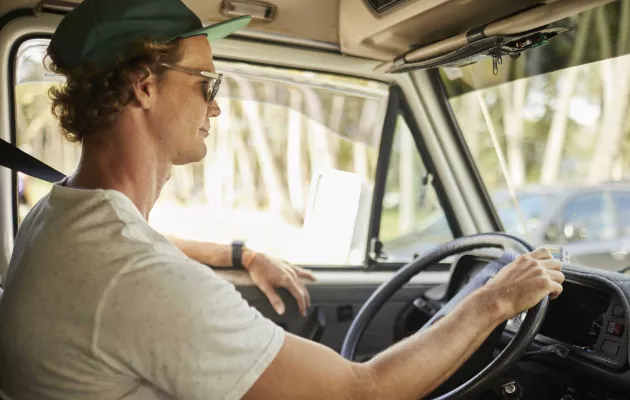
Additional Tips
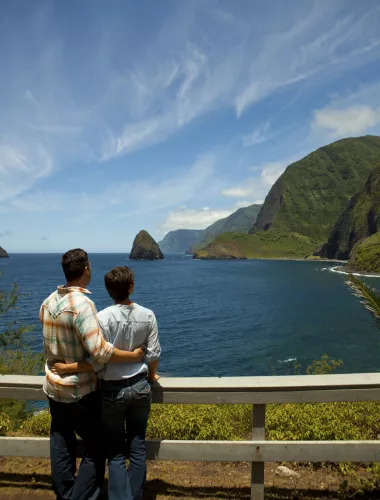
State Parks Tips
Visit the Hawaiʻi Department of Land and Natural Resources website for State Parks Division safety tips.
Read More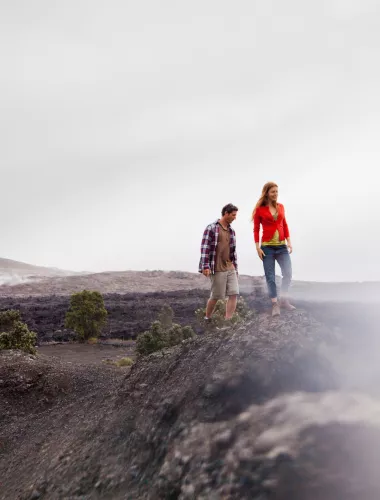
Special Alerts
You can also visit the Hawaiʻi Tourism Authority's Special Alerts page for information on how the HTA keeps visitors informed and safe during any crisis situation that may occur.
Read More
